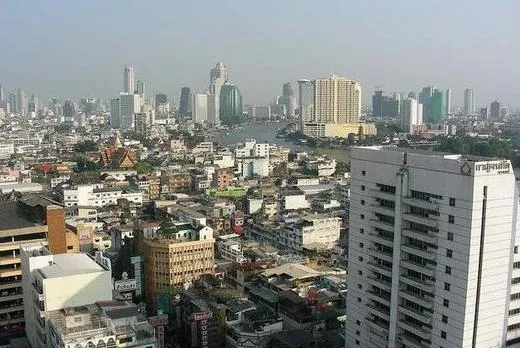
Renewable energy progressing slowly in Thailand
Thailand has made tepid progress in weaning itself from its inordinate reliance on fossil fuels.
Thailand is Southeast Asia's second-largest consumer of energy, with total domestic consumption at 108.7 million tonnes of oil equivalent in 2011. The government says fossil fuels will continue to dominate Thailand's energy mix in the future.
The proportion of electricity generated by natural gas-fired power plants is expected to drop in the coming years. Natural gas will remain the dominant fuel, and will account for around 60% of electricity generation by 2020. Coal will remain the country's second-biggest source of energy with a share of around 20%.
Hydropower will remain Thailand's main source of renewable energy and will supply about 10% of total electricity generation. Non-hydro renewables including geothermal, solar and wind power will make negligible contributions to power generation.
Thailand does not have any nuclear power plants, but the government plans to build four plants with a combined generating capacity of 4,000 megawatts. These are to come on stream by 2021. Thailand's state-owned electricity generator and distributor, EGAT, is determined to push ahead with plans to build nuclear plants.



















 Advertise
Advertise







